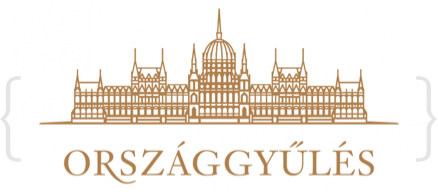Coordination mechanism
The constitutional and legislative framework providing for coordination on EU matters in Bosnia and Herzegovina is broadly in place.
The Chair of the Council of Ministers ensures cooperation between the Council of Ministers, the entities and other levels of government in the country. A Directorate for European Integration has been established in 2003 as the standing body of the Council of Ministers in charge of coordinating activities and supervising the implementation of decisions relevant for European integration. The Directorate’s activities include coordinating EU affairs and legal approximation with the acquis, assessing compliance with the acquis, and coordinating EU assistance. The Directorate’s coordination role, which is particularly important in view of the increasing workload resulting from the EU integration process, needs to be strengthened. The Directorate needs to be provided with the necessary political support to perform its mandated tasks. In August 2016 Bosnia and Herzegovina established a system of coordination in the process of European integration. This ‘coordination mechanism’ aims at providing the country with a consistent position on all EU matters, including for the purpose of participation in the SAA bodies. The coordination mechanism involves over 1 400 civil servants from the 14 executives at all levels; the Directorate for European Integration acts as its secretariat. It includes 36 working groups covering all chapters of the acquis, as well as the political and economic criteria. Bosnia and Herzegovina does not have a country-wide programme for the adoption of the acquis (NPAA) or a similar strategic document as required under the SAA and needs to develop it as a priority. The NPAA needs to reflect the role of the different levels of government based on their respective legislative competences.
A Commission for EU integration discusses and agrees on issues that could not be addressed at the level of the working groups. At the highest political level, a Collegium for European integration (comprising the heads of government of the State, the two entities and the Brčko District) discusses and agrees on issues which could not be addressed at other levels. Decisions taken under the coordination mechanism are not legally binding. Once an agreement is reached through the coordination mechanism, the 14 executives need to formally validate the decisions.
The coordination mechanism was used in 2017/18 to deliver the answers to the Commission’s questionnaire for the preparation of the Opinion, which were handed over in February 2018 as well as the answers to the follow-up questions in February 2019.
Each cantonal government also has its own EU coordinator. While the Directorate for European Integration is responsible for assessing whether legislation adopted at state level complies with the acquis, the governments of the two entities and of the Brčko District conduct their own compliance assessment.

Bosnia and Herzegovina

Bosnia and Herzegovina

Republika Srpska


 ABOUT TWINNING
ABOUT TWINNING


